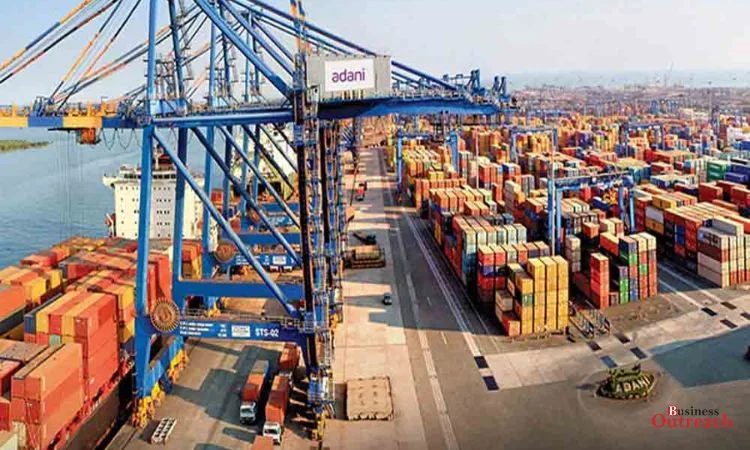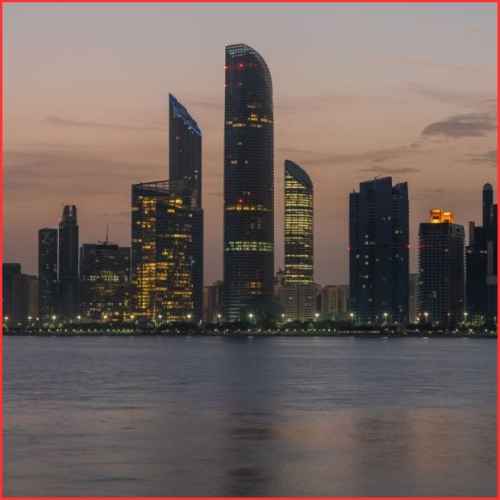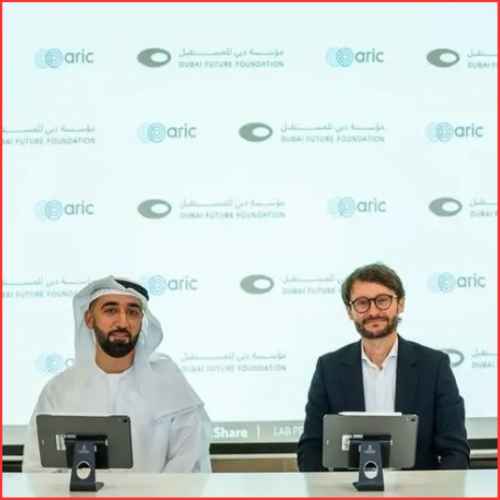In a major setback to India’s largest private port operator, Adani Ports and Special Economic Zone (APSEZ), Norway has excluded the company from its $1.3 trillion Government Pension Fund Global over ethical concerns related to human rights violations. Widely considered one of the most influential sovereign wealth funds globally, the exclusion of APSEZ from Norway’s massive pension pool is a significant blow to the Adani Group company. Let’s delve deeper into what led to this decision and what it means for APSEZ going forward.

The Norwegian central bank Norges Bank, which manages the Government Pension Fund Global (GPFG), announced on May 15th that it was excluding APSEZ from the fund based on recommendations made in November last year by the Council on Ethics – an independent body that screens companies for the fund. As per Norges Bank’s statement, the Council recommended exclusion due to an “unacceptable risk” that APSEZ was contributing to serious human rights violations in situations of war and conflict through its operations.
APSEZ has been under observation by the Council since March 2022 over its port operations in conflict-ridden Myanmar. However, the exclusion decision was finally taken as APSEZ failed to provide adequate information regarding the buyer it sold its Myanmar port business to in May 2023. The Council could not establish if APSEZ still had any links to the unnamed buyer due to the confidentiality invoked by the company around the deal. With serious human rights violations ongoing in Myanmar’s complex political scenario, the Council viewed APSEZ’s lack of transparency as an unacceptable risk of the Norwegian pension fund aiding potential norm breaches through its investments.
Now, why is exclusion from the Norwegian pension fund such a big deal? Well, for starters, the Government Pension Fund Global is the world’s largest sovereign wealth fund with a staggering $1.3 trillion in assets under management. It owns nearly 1.5% of all listed shares globally, giving it shareholding stakes in around 9,000 companies worldwide. Any decision by the fund to divest from a company is sure to have major financial repercussions. Moreover, the fund considers a range of environmental, social and governance (ESG) issues before investing, so exclusion is typically a result of serious ethical concerns.
For APSEZ, this exclusion could impact its ability to raise further capital from foreign institutional investors who may be wary of firms blacklisted by such an influential investor. It also damages APSEZ’s reputation and ESG ratings globally. With growing focus on sustainability, many investors now prioritize companies with strong ethical credentials. The exclusion highlights Norway’s lack of confidence in APSEZ’s transparency and responsibility towards human rights. It may prompt other funds to also re-evaluate their exposure to the Indian port operator.
The timing of this exclusion is particularly problematic for APSEZ. It comes at a time when the company is rapidly expanding its global footprint through acquisitions and greenfield projects, including recent investments in Australia and Israel. Access to low-cost capital has been critical for funding APSEZ’s ambitious growth plans. Losing out on investments from Norway’s massive pension pool will certainly pinch the company’s finances moving forward.
Moreover, APSEZ is already facing increased scrutiny over its operations and business practices. The company has faced allegations of irregularities and violations in the past regarding land acquisition for projects. It is also seeing growing protests from environmental groups against some of its planned ports along India’s coasts over ecological concerns. The Norway fund’s action will likely intensify demands for more accountability and transparency from the rapidly expanding port operator.
However, this is not the first time an Adani group firm has faced restrictions from ESG-conscious global investors. In recent years, both Adani Green Energy and Adani Transmission were either excluded or put on observation lists by other pension funds and financial institutions due to governance and reporting issues. While the Adani group has defended such actions as motivated by “incorrect information”, it is an indication that more needs to be done to strengthen policies and disclosures according to global best practices.
Going forward, APSEZ will need to ramp up efforts to rebuild trust and address the ethical issues highlighted through a more transparent approach. It remains to be seen if it can convince Norway’s Council on Ethics to revisit the exclusion decision with concrete steps towards improved human rights due diligence and disclosures. But this episode serves as an important lesson for APSEZ to proactively strengthen ESG integration across operations and significantly raise the bar on sustainability to attract global investors and partners. The Norway fund’s action may just be the beginning if corrective measures are not implemented.
In conclusion, exclusion from the massive Norwegian pension pool is a major blow for APSEZ that could impact its growth capital and international expansion plans. However, it also presents an opportunity for the port giant to seriously step up on ESG and become a more responsible corporate citizen through higher transparency and accountability. The company’s response to this ethical blacklisting will be crucial in determining whether other global investors also start giving it a wider berth going forward.















